Manchester City And The Vulnerability That Could Lose Them The Title
Manchester City under Pep Guardiola have been symbiotic with one word more than any other during the last seven years in the Premier League. That word is control. Whether the control was off the pitch with their trophy haul or on the pitch with the way they played football, Guardiola’s Blues have always seemed to be in control.
That control, however, is not as powerful as it once was. While they’re still a scary force, Manchester City resemble an ageing superhero who’s beginning to lose the full might of their powers. They’re still there, and they can still strike as hard as they once could on any given occasion, but it’s not as consistent anymore, and the young guns have more of a chance of beating them in combat than they did previously.
There’s a number of examples to be given so far in this campaign. Chelsea away at Stamford Bridge was a shock to the system for anyone who knows what a Pep Guardiola side looks like. The game was a back-and-forth basketball match, which is the type of football you’d associate with the red side of Manchester, not the supposedly controlled and calm blue side.
In the 4-4 draw at the bridge, City gave Chelsea a lot of transitional moments. That’s a key word associated with this current City side: transitions. They’re much more vulnerable to conceding goals on transitions this season than they were last season, but why?
The Liverpool game last weekend was the same; City looked shaky in the final third, and every time they lost the ball, Liverpool could bypass their midfield and counterattack easily. Direct attacks hurt Manchester City more this season than at any stage last season, but the question again remains: why?
Basketball Guardiola Era At Manchester City?
There is something to be said for a winger who appreciates holding on to possession in the final third, especially in a team like City, which pushes so high up the pitch on occasion. Rodri’s positioning at times, while he’s obviously tactically instructed to do so, leaves a lot of space between midfield and defence, and if City lose the ball in the final third, the opponents can break if they have enough speed. City haven’t had that possession-based winger much this season without Jack Grealish, and it’s hard to ignore the differences.
During the 22/23 seasons in 38 games, City conceded just three goals from counterattacks, the 7th fewest in the division. This season, they’ve already conceded 5 goals from counter-attacks, with 18% of the goals they’ve conceded coming from these scenarios, more than Liverpool (9%) and Arsenal (7%) combined. City have conceded the joint second-most goals from counterattacks in the league, level with Manchester United and Newcastle United. Only Crystal Palace have conceded more goals than Manchester City from counterattacks this season.
The counterargument is that, funnily enough, City have conceded the fewest direct attacks per 90 in the entire division, as per an article from the Athletic from February. The issue is that although they may not concede many direct attacks, the ones they do concede lead to goals more often than not, which does not make the situation look any better.
It’s not the first time a Guardiola team in the Premier League has struggled with counterattacks, and the last season this happened, Liverpool won the league. Manchester United’s win over Manchester City in December of 2019 gave teams the blueprint to beat Guardiola’s side that season, although Liverpool pretty much had the league wrapped up by January anyway due to their undeniable brilliance.
In the 19/20 season, City conceded more than 0.1 goals per game from fast direct attacks, and it cost them the title. Guardiola’s side conceded 5 goals from counterattacks within that campaign in 38 games, a figure they’ve already conceded this season in 30. Liverpool are not facing the demon they’ve faced for the last three campaigns in the Premier League, and they have to take advantage of it if they are to give Klopp a fond farewell.
Calming Prescence In The Final Third:
Possession appreciation is an underrated quality. To suffocate teams, you need to keep the ball. If you push high up the pitch to try and suffocate a team and you lose the ball more often than not, teams begin to take that gamble the other way.
This is different from last season. Teams did not take that risk going the other way because City didn’t lose the ball as much as they do now. Per 90 minutes this season, City are losing the ball 8.9 times, compared to 7.8 times per game last season. That’s 1.1 times per game more on average. Guardiola’s side are losing the ball, so it’s no surprise teams are beginning to take that extra risk going in the other direction towards Ederson’s goal.
City are also conceding more shots per game when compared with last season. Per 90 last year, the Blues conceded 7.7 shots per game; this season, they’re conceding 8.3 per game. The crazy thing about these stats is that Manchester City still rank as the best in both categories in each of the last two seasons, but they’ve shown their human side a lot more this season, and teams are not hesitating to take advantage.
This may be City losing a yard on last season or simply due to the fact the Premier League has evolved from last year, with this season yielding the most direct attacks in a season since the 19/20 campaign. Manchester United lead the way with 73 direct attacks, which begs the question as to why they couldn’t expose Guardiola’s side’s vulnerability in their two clashes this season.
Without Jack Grealish in the side, City loses that left-winger who has a pure appreciation for possession. Grealish has often been criticised at City for his apparent inability to beat his man at times, but it’s not always what Guardiola asks from his wingers. He’s spoken about goals and assists not being the most important things when examining players like Bernardo Silva, who has played on the right wing on a number of occasions for City, likely for the same reasons Grealish was so important last year.
Jeremy Doku has been in place instead of Grealish this season, and despite playing just 1,201 minutes in all competitions this season, the Belgian has already been dispossessed 26 times, just three fewer than Grealish in the whole of last season, who featured for 2,063 minutes. The English winger also had a higher dribble success last season (61.6%) than Doku has so far during this campaign (58.2%). Doku is also dispossessed 0.3 times more per game than Grealish was during the 22/23 campaign.
This is not to suggest Doku has been poor for City in the slightest; just the fact that he has a different profile and City are perhaps missing the more controlled profile in certain game states that unfortunately for them, they are at times relinquishing control of the football.
In the middle of the park, City are also lacking that ball recycling midfielder to keep things ticking along beside Rodri. Last season, Ilkay Gundogan averaged 49.7 passes per game, which is 4.3 more than his replacement, Mateo Kovacic. Julian Alvarez has played in the middle of the park at times too, but only averages 27 passes per game. Not the numbers Guardiola would like from his midfield, and it’s a statistic that leads to less control significantly in central areas.
It’s an issue Manchester City will need to change, and fast, if they want to be on top of the pile come the end of the season.


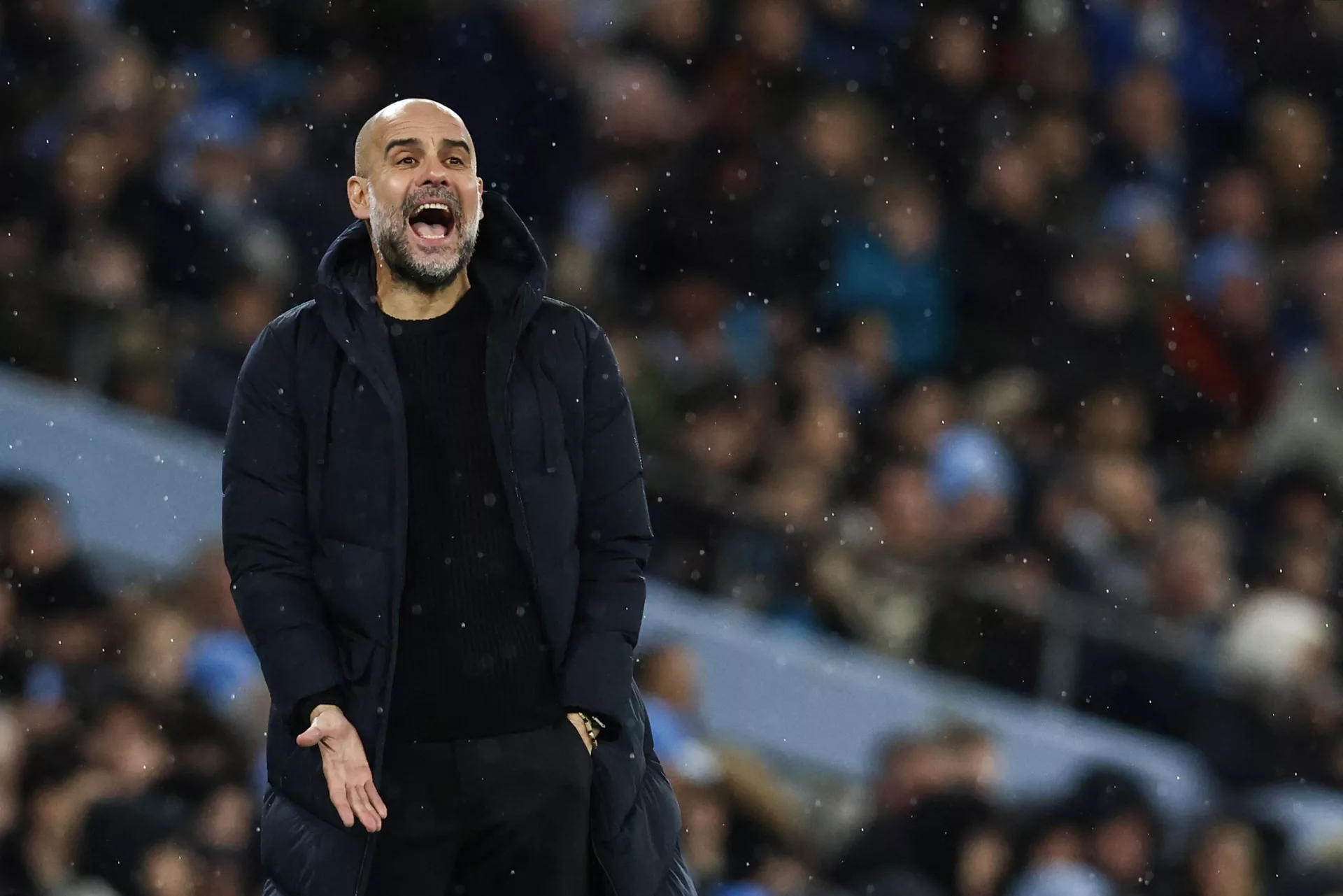
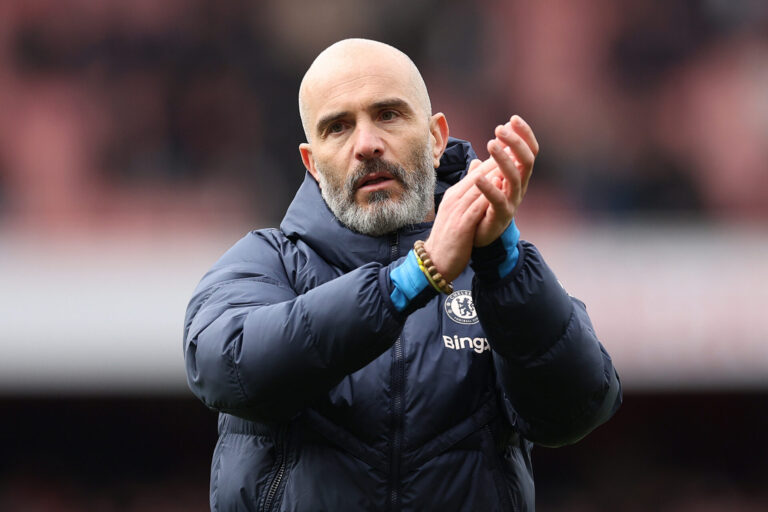
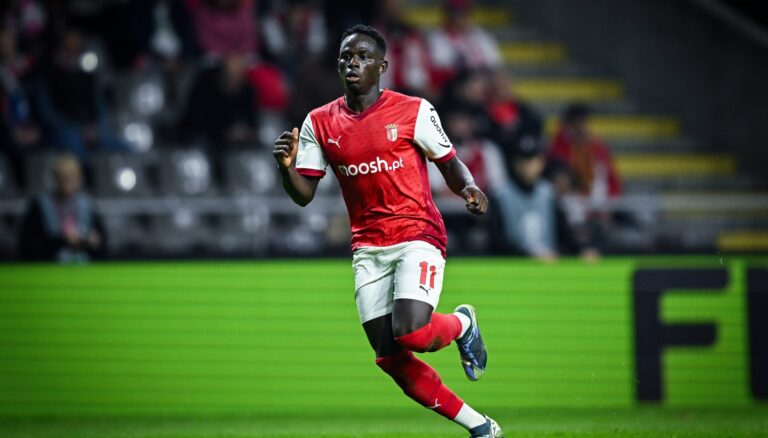

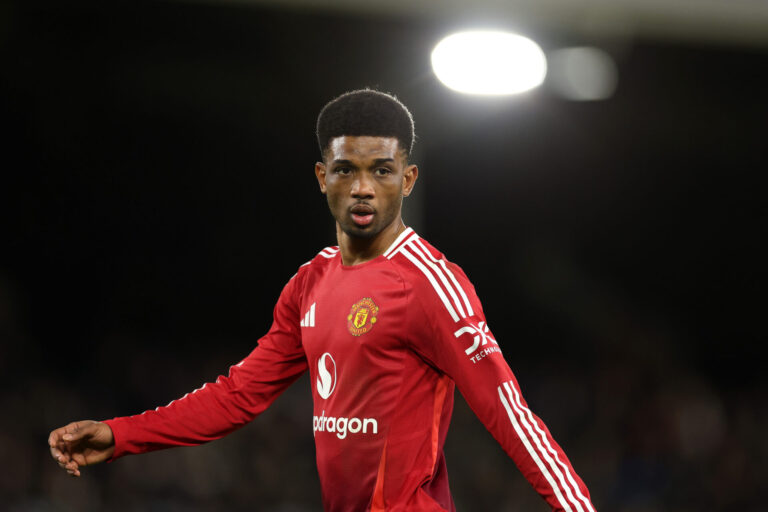
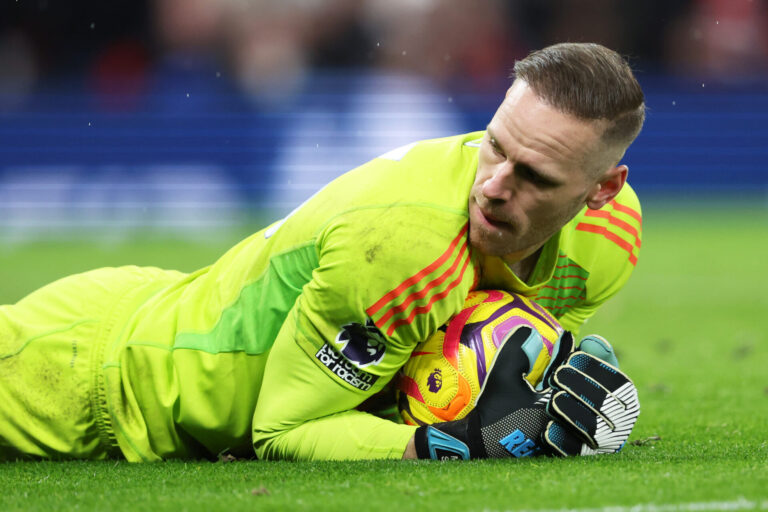
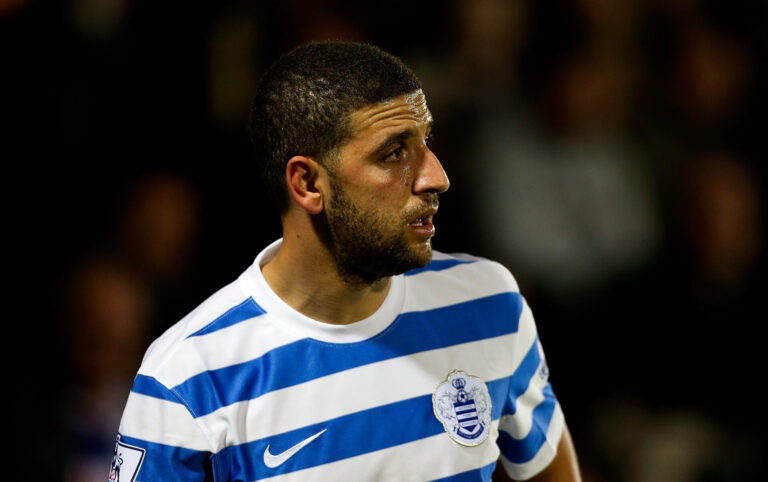
3 Comments